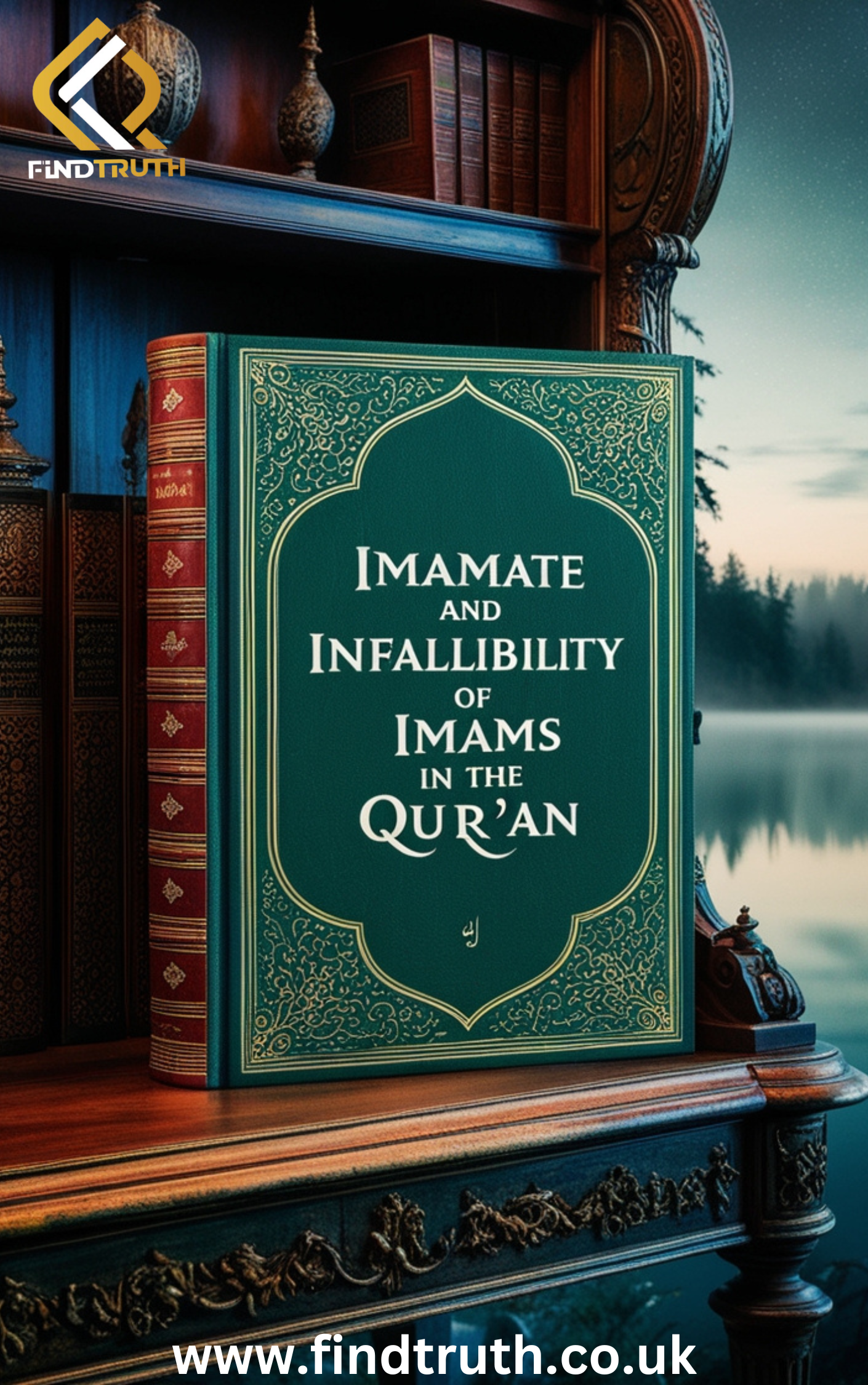Al Nass Wal Ijtihad
Al Nass Wal Ijtihad is a scholarly work that addresses one of the most critical debates in Islamic jurisprudence and theology: the role of divine text (Al Nass) versus the practice of human reasoning (Ijtihad). The book provides a historical and theological analysis of the early controversies surrounding leadership in Islam, particularly the differences in approach between those who adhered strictly to the divine text and those who engaged in ijtihad to interpret religious matters. With a focus on the succession of the Prophet Muhammad (PBUH) and the concept of Imamah, the book critically examines the principles of divine authority (Wilayat) vested in the Ahlul Bayt and compares them to the jurisprudential practices that emerged over time. Al Nass Wal Ijtihad offers detailed discussions on how divine guidance and human interpretation have coexisted in Islamic tradition and the implications this has had on Islamic law, governance, and ethics. It is an essential read for anyone interested in the intersection of text, leadership, and jurisprudence in Islamic thought.











